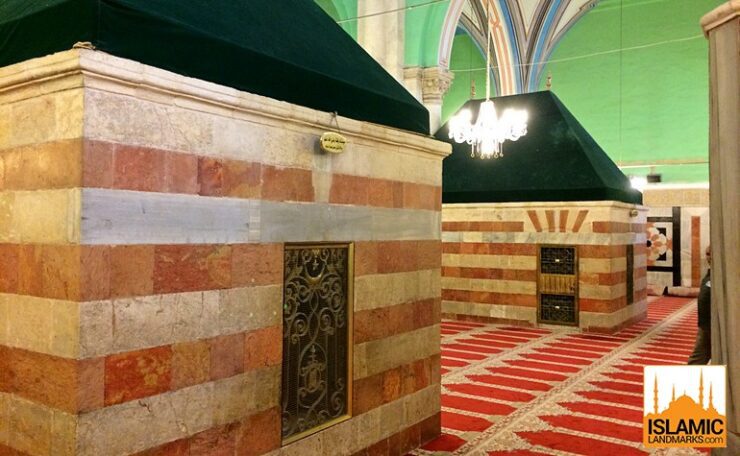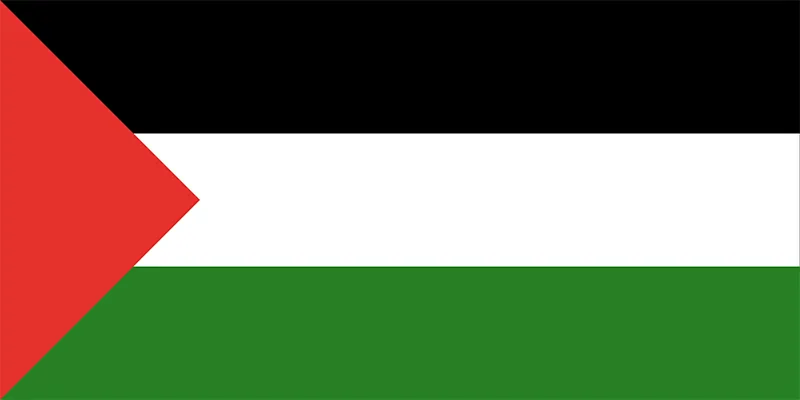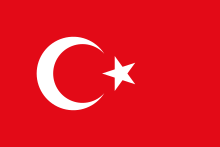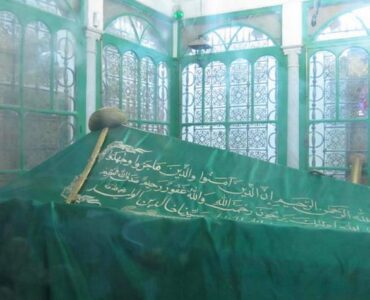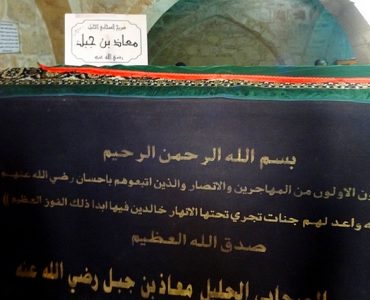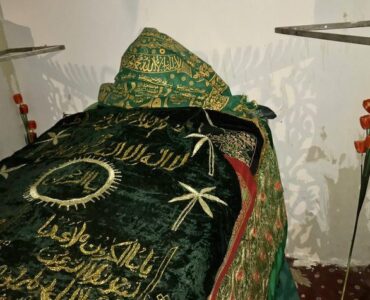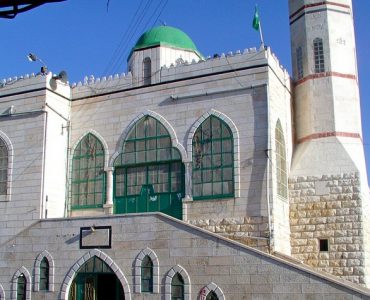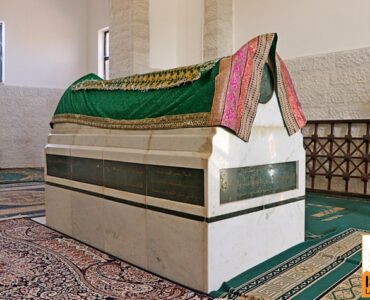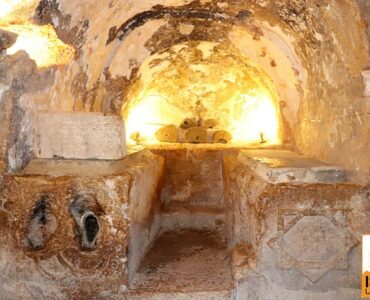These are the maqams/shrines of Prophet Ishaq (عليه السلام) (right) and his wife Rifaqah (left). They are built above the cemetery in which they are believed to be buried. These maqams are on the Muslim side, along with Sarah (عليها السلام), one of the wives of Ebrahim (عليه السلام). The maqams of Yaqoob and Yusuf (عليه السلام) are on the Jewish side. Jews and Muslims are allowed to enter the others area for 10 fixed days in a year.
- Ishaq (عليه السلام) is mentioned by name 17 times in the Quran.
- He was born when his father Ebrahim (عليه السلام) was 100 years old, his elder brother Ismail (عليه السلام) 14 years and his mother Sarah (عليه السلام) 90 years old. Allah (ﷻ) mentions the glad tidings of the birth of Ishaq (عليه السلام) to Ebrahim (عليه السلام) in the Quran in Surah As-Saffat:“And We gave him the glad tidings of Ishaq, a Prophet, one of the righteous. And We blessed him and Ishaq. And of their progeny some are good-doers, and some are manifestly wrongdoers to themselves.” [37:112-113]
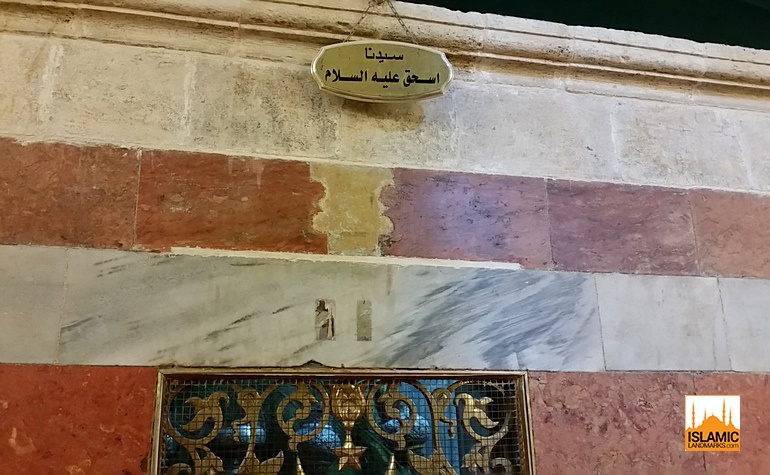

- The Jews and Christians believe that it was Ishaq (عليه السلام) who was prepared for sacrifice by Ebrahim (عليه السلام) in the al-Aqsa Sanctuary in Jerusalem. The Islamic belief is that it was Ismail (عليه السلام), with the incident happening at Mina, in Saudi Arabia.
- According to the People of the Book, Ishaq (عليه السلام) married Rifaqah (Rebekah), daughter of Batwabil during the lifetime of his father. She was barren and he prayed to Allah for children. His prayer was answered and she gave birth to twin boys, Al-’Ays (Esau) and Yaqoob (Jacob). The former is the parent of the Romans while the latter, also known as Israil, is the forefather of the Banu Israil (Children of Israel).
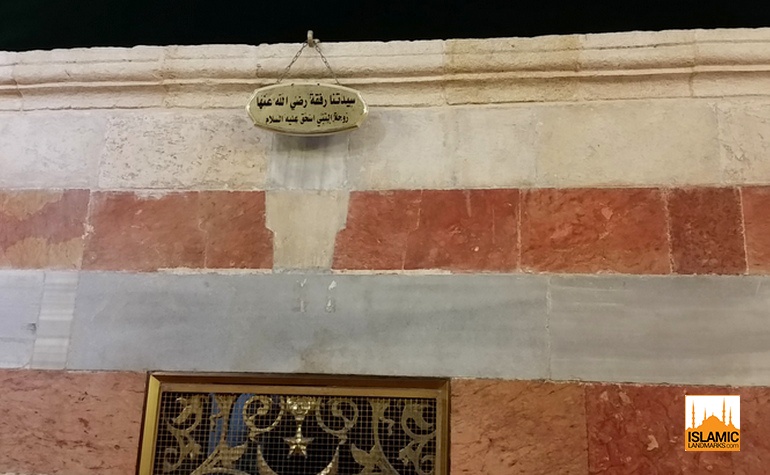

- When Ishaq (عليه السلام) grew old he lost his eye-sight. He passed away at Hebron at the age of 180 years.
References: Atlas of the Quran – Dr. Shauqi Abu Khalili, Stories of the Prophets – Ibn Kathir
Note that this entry has been shown for information purposes only. On no account should anybody pray to a grave or seek supplication through them as this is tantamount to committing shirk, associating partners with Allah (ﷻ)

